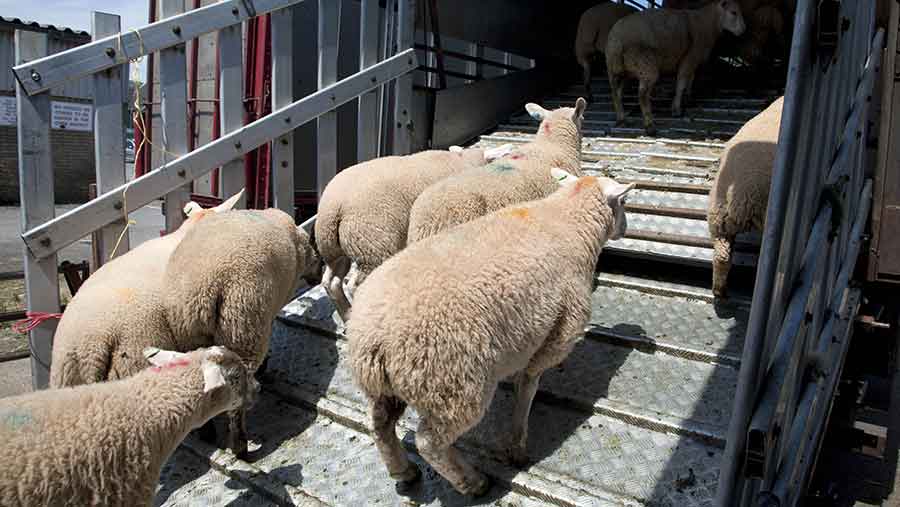BVA flags concerns about vet capacity for trade checks
 © Jeff Blackler/Rex/Shutterstock
© Jeff Blackler/Rex/Shutterstock The number of vet certifications required to allow the import and export of animals and animal products into and out of the UK may significantly increase post-Brexit, the British Veterinary Association has warned.
The BVA has highlighted that if the UK is treated as a third country by the EU when it leaves, then new trading arrangements will mean the number of checks required will increase, requiring many more vets to perform the role of an ‘Official Veterinarian (OV)’.
The OV position is when private vets are paid by the government to operate in settings like farms and food premises to protect animal welfare, food hygiene and safety, and public health.
See also: Increase in halal slaughter a major issues say vets
They also certify and supervise the process when animals or animal products are imported and exported.
Potential shortages
In a response to a select committee inquiry into the UK’s trade in food after Brexit, the BVA said it was worried that there could be potential shortages in the number of vets available to carry out certification work.
There are currently 1,063 Official Veterinarians authorised by the Animal and Plant Health Agency (Apha) to certify food products for export to third countries from Great Britain.
But according to the UK’s chief veterinary officer, Nigel Gibbens, the volume of products requiring veterinary certification could increase by as much as 325% post-Brexit.
BVA senior vice-president Gudrun Ravetz said vets’ role in the future of UK trade must be recognised and planned for, as an integral part of forthcoming trade negotiations.
“Vets are absolutely vital to facilitating UK trade by ensuring standards so that consumers at home and abroad have confidence in the food safety and welfare of the products they choose to buy.
“Veterinary certification is required not only for meat, but a whole range of products such as gelatine in sweets.”
Working rights
To combat the potential shortage in veterinary capacity, BVA is calling on the government to guarantee working rights for non-British EU vets and veterinary nurses currently working and studying in the UK.
Ms Gudren said: “Ironically, it is non-British EU vets who make up around 50% of our new workforce each year.
“However, since the EU referendum, we are facing serious problems in recruiting and retaining EU vets, which makes the need for more vets to perform this crucial trade-task an even more pressing concern.”
Veterinary medicines
The BVA trade submission also points out that access to veterinary medicines could potentially be restricted post-Brexit.
In order to protect animal and public health, BVA is calling for any new trade deal with the EU to maintain the link with EU veterinary medicine approval systems.
